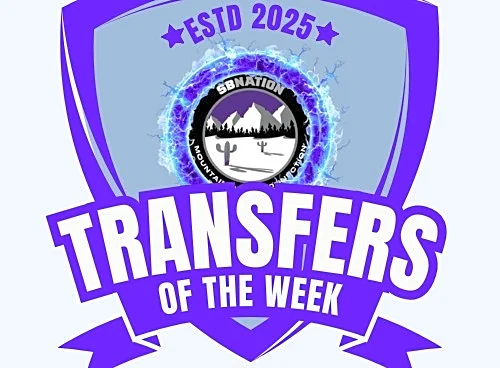What is the story about?
What's Happening?
Masking, the act of concealing one's true personality traits to fit in, is a significant issue for neurodivergent individuals, particularly those with ADHD and autism. This practice is not merely a choice but often an unconscious necessity to navigate social and professional environments. The emotional and physical toll of masking can lead to absenteeism, underperformance, and increased anxiety among employees. HR departments are encouraged to create inclusive workplaces by implementing strategies such as relaxing dress codes, providing clear instructions, and offering various communication methods. These actions aim to foster a psychologically safe space where employees can express their authentic selves without fear of judgment.
Why It's Important?
Addressing the challenges of masking is crucial for improving workplace inclusivity and employee well-being. Neurodivergent employees often expend significant cognitive energy to mask their traits, which can lead to burnout and decreased productivity. By creating environments that support authenticity, organizations can enhance employee satisfaction and performance. This approach not only benefits neurodivergent individuals but also contributes to a more diverse and innovative workforce. Companies that prioritize inclusivity may see improved employee retention and engagement, ultimately impacting their bottom line positively.
What's Next?
Organizations are likely to continue exploring and implementing inclusive practices to support neurodivergent employees. HR departments may develop training programs to educate staff on neurodiversity and the importance of creating supportive environments. As awareness grows, businesses might adopt more comprehensive policies that accommodate diverse working styles and communication preferences. These efforts could lead to broader cultural shifts within workplaces, promoting acceptance and celebration of individual differences.
Beyond the Headlines
The issue of masking highlights broader societal challenges related to neurodiversity and acceptance. As workplaces become more inclusive, there may be increased advocacy for neurodivergent individuals in other areas of life, such as education and healthcare. This could lead to a reevaluation of societal norms and expectations, encouraging a more empathetic and understanding approach to diversity.

















